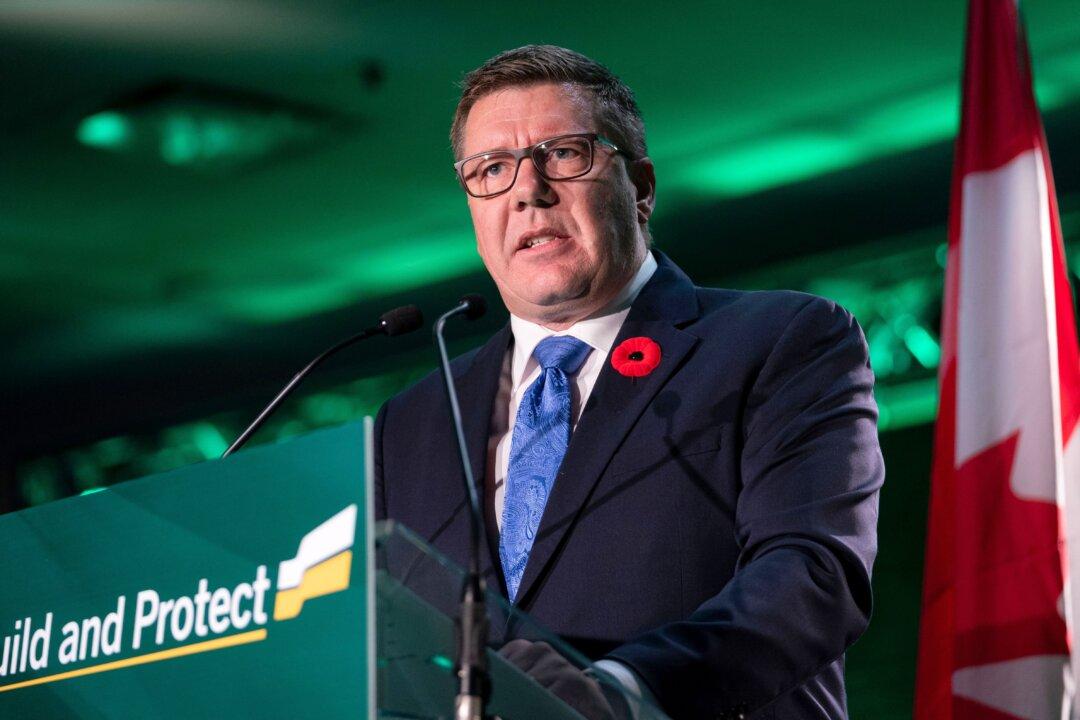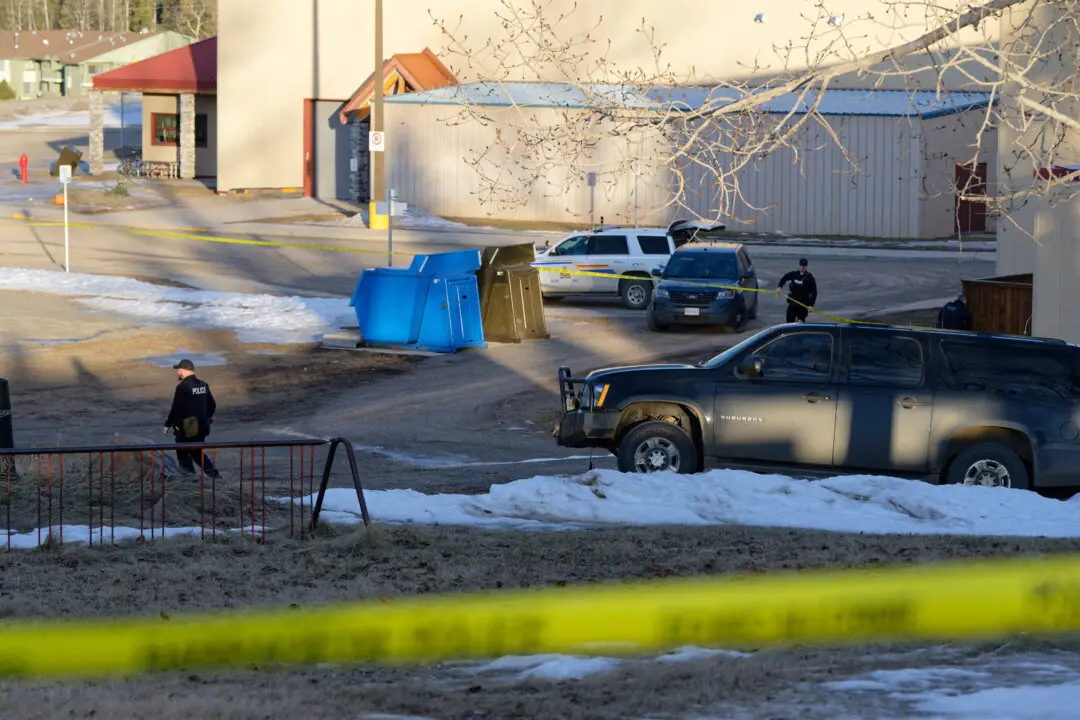Newly re-elected Saskatchewan Premier Scott Moe has backed away from comments he made on the campaign trail, saying the creation of a policy requiring students to use change rooms corresponding to their biological sex is no longer the “first order of business” for his party.
Moe originally said his minister of education would provide a directive to schools that said biological boys could not be in the change room with biological girls.





